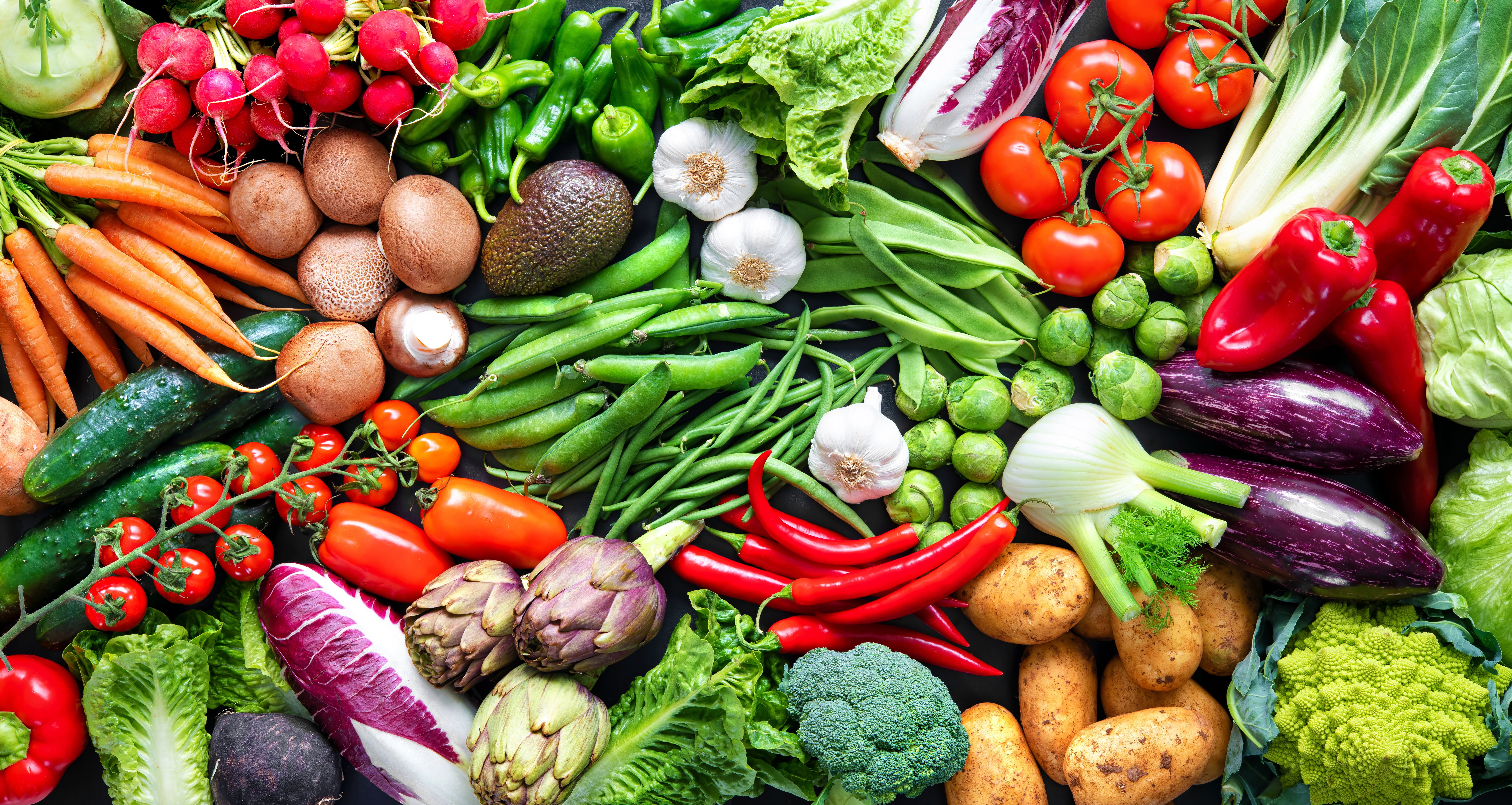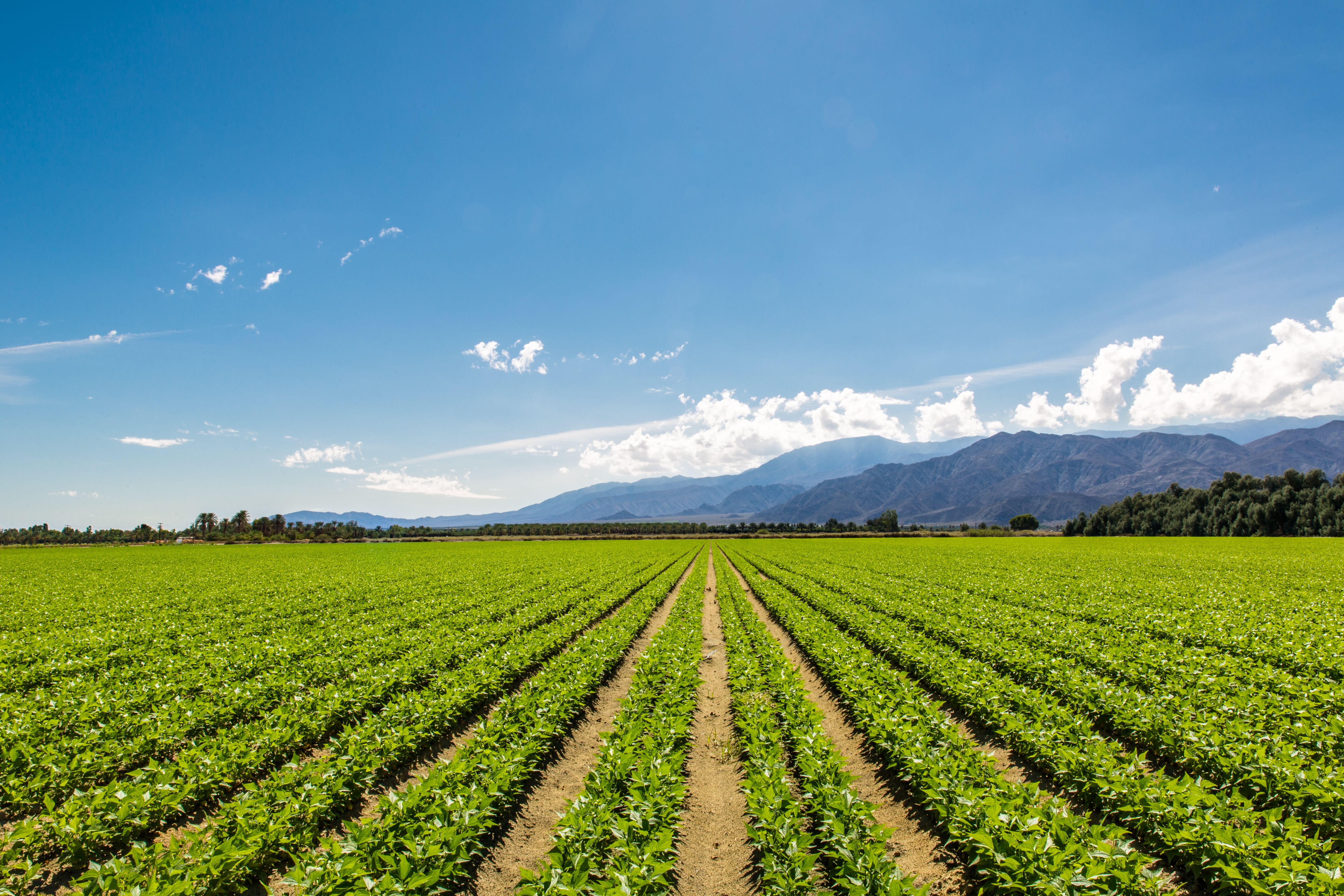The Rising Popularity of Organic Products in the US
Understanding the Shift Towards Organic
In recent years, there has been a significant increase in the demand for organic products across the United States. Consumers are becoming more conscious of their health and the environment, leading to this notable shift. The organic market, once considered a niche, is now a booming industry with a wide range of products available.
The rise in popularity can be attributed to several factors, including increased awareness about the benefits of organic farming and the potential health risks associated with conventional agricultural practices. As consumers become more informed, they are more likely to choose products that are free from synthetic pesticides, fertilizers, and genetically modified organisms (GMOs).

Health Benefits Driving Demand
One of the primary reasons people opt for organic products is their perceived health benefits. Organic foods are often fresher because they don't contain preservatives that make them last longer. Additionally, organic farming practices focus on using natural methods for pest control and soil enrichment, leading to produce that is rich in nutrients.
Studies have suggested that organic foods may contain higher levels of certain antioxidants and nutrients compared to conventionally grown produce. This has encouraged health-conscious consumers to make the switch to organic foods as part of their daily diet. Furthermore, the absence of harmful chemicals makes organic products appealing to those looking to reduce their chemical exposure.
The Environmental Impact
Beyond personal health benefits, many consumers choose organic products due to their positive environmental impact. Organic farming practices promote biodiversity and aim to reduce pollution by avoiding synthetic pesticides and fertilizers. This approach not only helps maintain healthier soil but also contributes to water conservation and improved ecosystems.

Challenges Faced by the Organic Industry
Despite its popularity, the organic industry faces several challenges. One of the main issues is the higher cost of organic products compared to conventional ones. This price difference is often due to more labor-intensive farming practices and stricter regulations that organic farmers must adhere to.
Moreover, there is a need for more education and awareness about what "organic" truly means. Some consumers are confused by labeling and may not fully understand the standards that organic products must meet. Clear communication and transparency can help bridge this gap and build trust among consumers.
The Role of Technology
Technology is playing a crucial role in the growth of the organic market. From improving supply chain efficiencies to enhancing production methods, advancements in technology are helping farmers overcome some of the challenges associated with organic farming. Innovations such as precision agriculture and blockchain for traceability are paving the way for a more sustainable future.

The Future of Organic Products
As consumer preferences continue to evolve, the demand for organic products is expected to rise further. Retailers are expanding their organic offerings, and new brands are entering the market to cater to this growing segment. The future looks promising as more people prioritize health and sustainability in their purchasing decisions.
Ultimately, the continued success of the organic industry will depend on its ability to maintain high standards, educate consumers, and innovate in response to emerging trends. By doing so, it can continue to thrive and make a positive impact on both individual health and the environment.